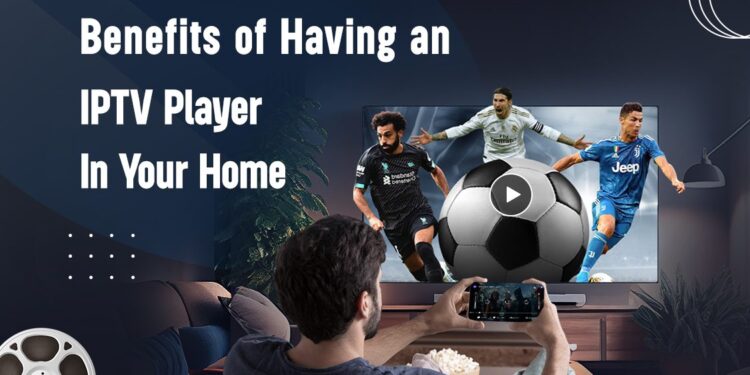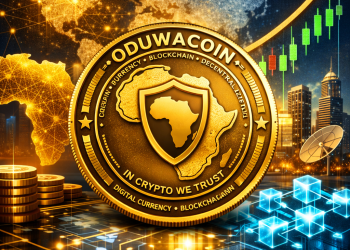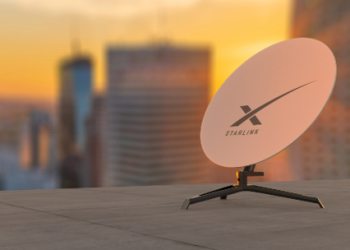Internet Protocol TV (IPTV) is one option that comes close as an alternative to DSTV and GOTV following the increment with the cable subscription.
The recent price hike revealed by the leading Cable TV provider in Nigeria, Multichoice, has unsettled numerous Nigerians, who are currently grappling with inflation across various sectors.
Despite Multichoice increasing its prices repeatedly, a growing number of Nigerians are now exploring more affordable home entertainment options. One such substitute is Internet Protocol TV (IPTV), where television content is streamed over the Internet.
In addition to being a more cost-effective option compared to Cable TV, IPTV services frequently provide a broader range of channels, encompassing international choices and specialized channels that are not accessible on cable. This renders it a top contender for individuals looking to transition away from cable TV.
READ MORE: Will US SEC Investigate OpenAI CEO Altman And Microsoft’s Nadella?
IPTV works by transmitting television content over an internet connection using the IP protocol. Content is delivered to users via broadband or internet connection, allowing them to stream TV shows, movies, and live events on various devices such as smart TVs, computers, smartphones, and set-top boxes.
Prior to transitioning to IPTV, it is essential to familiarize yourself with the important aspects of the service and they’re as follows;
How To Have Access To IPTV Services
Different IPTV apps are now pre-installed on smart TVs from major brands like LG, Samsung, and Hisense. These apps can also be accessed from the respective app stores. Interestingly, individuals who do not own smart TVs can still enjoy IPTV services by utilizing smart decoders with Android OS, Apple, or decoder models such as Android TV boxes, Apple TV boxes, or Amazon Fire TV sticks. These devices can be connected to the TV to enable smart features, including IPTV streaming.
Apart from TVs, IPTV services can also be accessed via mobile devices such as Androids, iPhones or tabs, and IPTV apps can be downloaded on the Google Play Store and the Apple Store.
It’s Service Providers
In Nigeria, numerous platforms are offering IPTV services, enabling users to subscribe for access. Some of these platforms are Pipul TV, IPTV Plug, and Twoone IPTV, among others. Additionally, various international IPTV services can be subscribed to in Nigeria. Nevertheless, opting for local platforms enables payment in Naira.
IPTV’s Servicing Fee
The majority of IPTV providers in Nigeria typically charge an average of N5,000 per month and N45,000 per year for their services. In contrast to cable TV, which offers a limited number of channels, this fee includes access to hundreds of live channels and thousands of Videos on Demand (VOD).
Available Channels On It
IPTV platforms provide a wide range of international live news channels like CNN, BBC, Skye News, and many more. Additionally, they offer premium sports, blockbuster movies, music, children’s programming, entertainment, lifestyle, travel, science, and faith-based channels. Many IPTV providers have categorized archives of TV channels and content by country, as well as content from cable TV services like DSTV. This allows users to access and stream DSTV channels and others through IPTV.
Good Internet Speed Is Necessary
A reliable and fast internet connection is crucial for seamless IPTV streaming. The majority of channels provide high-quality HD and 4K content, so a sluggish internet connection will result in a subpar viewing experience. Since watching high-quality videos requires more data, IPTV subscribers should opt for an unlimited internet service instead of one with data caps.
In Essence
- While IPTV is often viewed as a more cost-effective option compared to Cable TV, it is essential to take into consideration the expenses related to data usage before making the switch to internet television.
- The price of broadband services in Nigeria is currently among the highest globally. Nevertheless, with the continuous execution of the Nigeria National Broadband Plan (NNBP 2020-2025), which aims to reduce internet costs in the nation, there is a possibility of more affordable internet expenses in the future.










